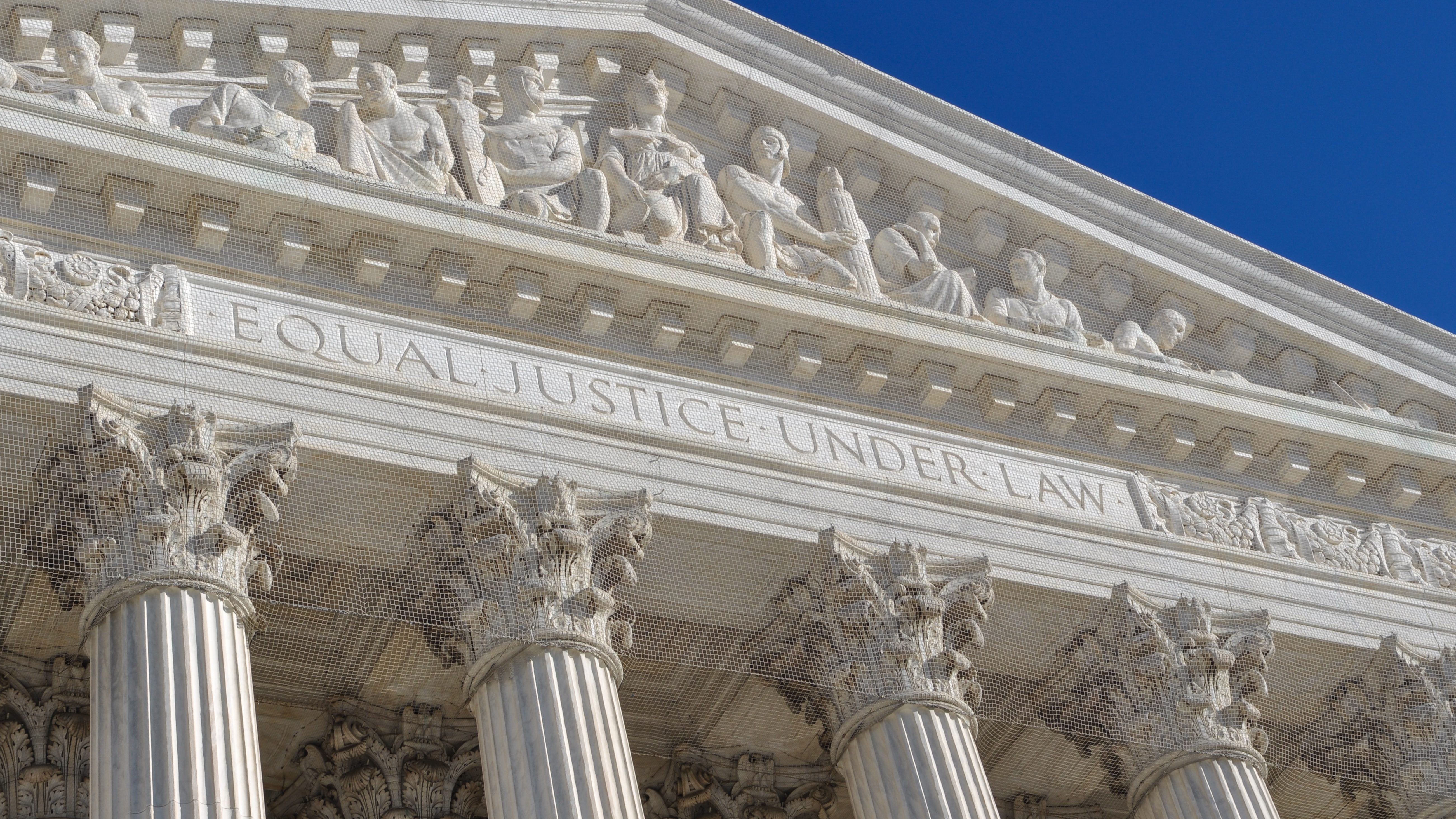The U.S. Supreme Court on Friday rejected a lawsuit filed by the state of Texas against four battleground states, which claimed that voters across the country were impacted by those swing states improperly changing election rules.
The Texas lawsuit asked the Supreme Court to delay the Dec. 14 Electoral College vote and block Georgia, Michigan, Pennsylvania and Wisconsin from casting votes in the Electoral College for President-elect Joe Biden.
The state of Alabama was one of 18 states that joined Texas in its bid to have the Supreme Court overturn Biden’s victory. The suit was supported by 106 GOP members of Congress.
In Alabama, Republican Congressmen Mo Brooks, Robert Aderholt, Bradley Byrne, Gary Palmer and Congressman-elect Barry Moore all expressed their support for the lawsuit, which Alabama Attorney General Steve Marshall elected to join.
“I and the other signers of this important amicus brief request that the Supreme Court uphold the unambiguous language of Article I, Section 4 of the U.S. Constitution and determine the constitutional validity of any ballots cast under rules and procedures established by actors or public bodies other than state legislatures,” Brooks wrote. “The 2020 presidential election must comply with the Constitution and the results must accurately reflect the will of the American people.”
The Supreme Court justices rejected the bid in a 7-2 vote. Justices Clarence Thomas and Samuel Alito voted to hear the Texas election challenge, but the rest of the court — including Trump’s three appointees — voted to reject the Texas challenge.
The order said Texas did not have legal standing to bring the claim.
“Texas has not demonstrated a judicially cognizable interest in the manner in which another state conducts its elections,” the court said in the unsigned order.
Thomas and Alito wrote in their dissent that the court does “not have discretion to deny the filing of a bill of complaint in a case that falls within our original jurisdiction.”
“I would therefore grant the motion to file the bill of complaint but would not grant other relief, and I express no view on any other issue,” Alito wrote.
The defeat effectively means that Biden is the president-elect and ends almost any hope of the Trump team to overturn the election. The Electoral College will meet on Monday to formally elect Biden as the 46th president of the United States.
Following the U.S. Supreme Court’s dismissal of the Texas lawsuit challenging the election results, Alabama Democratic Party executive director Wade Perry released a statement.
“The Supreme Court tonight rejected the effort, backed by several of our representatives, to undermine our electoral process and constitution,” Perry wrote. “While we are pleased with the obvious outcome, it is a sad day for our state when those who have been elected to serve us and our country choose instead to put one man’s sensitive ego before country and our constitution.”
“It is especially disturbing to see the lengths these men have gone, most notably Bradley Byrne, who after badly losing his sad effort to cling to public office, has no reason to engage in such despicable maneuvers,” Perry continued. “Bradley Byrne is an embarrassment, and he should be ashamed of himself. Sad.”
“Enough is enough. The election is over and it is time for these public servants to get to work,” Perry concluded. “And, it is past time for us to be sure that in two years they are held accountable for their un-American and undemocratic actions.”
Trump wrote on Twitter: “The Supreme Court really let us down. No Wisdom, No Courage!”
Brooks, however, is still pledging to challenge the Electoral College results when they are presented to the 117th Congress on Jan. 4.
“The Supreme Court’s ruling in no way, shape or form mitigates the finality of Congress’s verdict on who wins the election contest between former Vice-President Joe Biden and President Donald Trump,” Brooks said in a statement.
That challenge is not expected to succeed, as past challenges in Congress have failed. Biden and Vice President-elect Kamala Harris will be inaugurated on Jan. 20.





















































